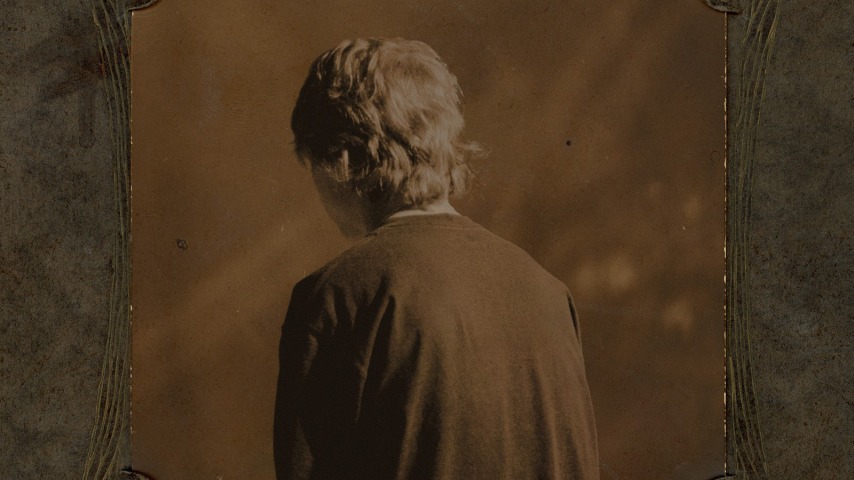Ethel Cain pens a wistful, aching bildungsroman on Willoughby Tucker, I'll Always Love You
Willoughby Tucker is gentler than Preacher's Daughter, for which it serves as a prequel, but its hazy instrumentation and gnawing lyrics hit just as hard.
Image: Daughters of Cain via AWAL
Ethel Cain used to be “too tired to move, too tired to leave.” Now, she’s finally managed to get some rest, but she still “dreams of violence.” You might have a similar experience with the transition from Preacher’s Daughter, Cain’s excellent 2022 debut, to her new prequel album, Willoughby Tucker, I’ll Always Love You. If you somehow managed to nod off while listening to Preacher’s Daughter, that scream in “Ptolemaea” would serve as a pretty hellish wake-up call. Willoughby Tucker doesn’t have any guttural cries like that. In fact, its meditative, unhurried nature may cause your eyelids to droop a bit. That doesn’t mean it’s bland or boring, though—far from it. Cain’s albums have the power to conjure sleep because they consistently feel like wandering into someone else’s dream, with all the hazy, uncanny logic that implies. If Preacher’s Daughter was a nightmare, however, then Willoughby Tucker is the desperate, gnawing fantasy that descends after crying oneself into a restless daze.
Willoughby Tucker, I’ll Always Love You is the latest addition to the growing lore of Ethel Cain, a sort of avatar created by musician Hayden Anhedönia as “a way to talk about the things that I’ve been through… without doing it in a way where everyone in my life is going to call me and be like, ‘Why are you talking about this?'” as she shared in a recent interview with The New York Times‘ Popcast. Preacher’s Daughter grappled with Anhedönia’s experiences with religious trauma and sexual violence, both of which were woven into a complicated tale that saw her fictional doppelgänger killed and cannibalized by its final chapter. Willoughby Tucker takes a slightly gentler tack by going back in time to Ethel’s teen years, which she spent with her first and only love, originally introduced in the Preacher’s Daughter track “A House In Nebraska.” Willoughby eventually leaves Ethel in the proverbial off-screen of this grand saga, but she continues to pine for him even as she reflects on her life from beyond the grave.
If all of this sounds like an escapist daydream conjured up by a lonely, goth-leaning kid, that’s because it is. “I did not have a lot of friends growing up… I was very homeschooled. I did not get out, and all I had to do was tell myself stories and get invested, and I’ve never gone out of that,” Cain told The New York Times. “So this is one big long piece of lined notebook paper that I’m just scribbling on to this day.” As listeners, we don’t have access to all those connections. New characters like the seductive Hazel in this album’s synth-heavy pop banger “Fuck Me Eyes” or Ethel’s best friend Janie in its shoegazey opening track often seem to emerge out of nowhere or melt away once their song is over, never to be heard from again.
All this extra-textual mythologizing can get a bit convoluted, especially as one plunges deeper into the intricacies of Cain’s decades-long daydream—one even she describes as “purely just entertainment for me.” But it’s also only one way to engage with her increasingly rich body of work. These characters mostly flit in and around the edges of the narrative, disappearing when they no longer serve the story or the emotion at its core. It’s not the fictional arcs or the nitty-gritty of Ethel’s relationships that linger, but the very real feelings of longing, loss, and desire that Anhedönia has once again managed to capture in a manner that feels urgent, aching, and completely distinct from the rest of her peers.
